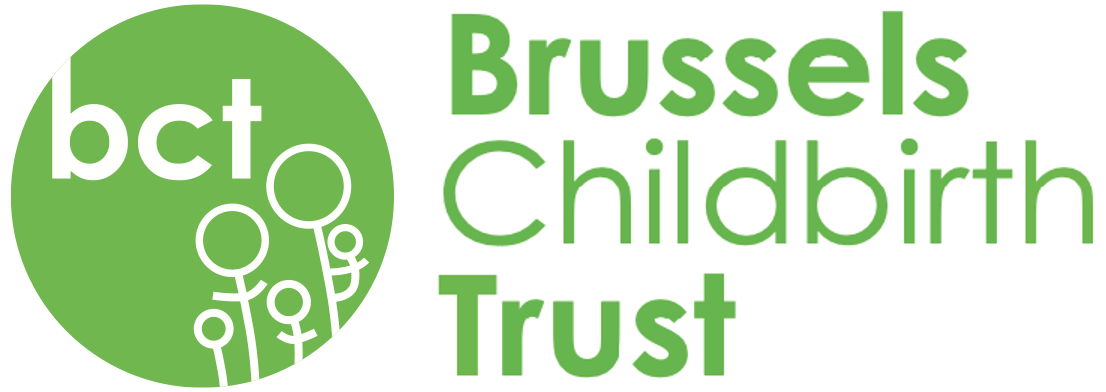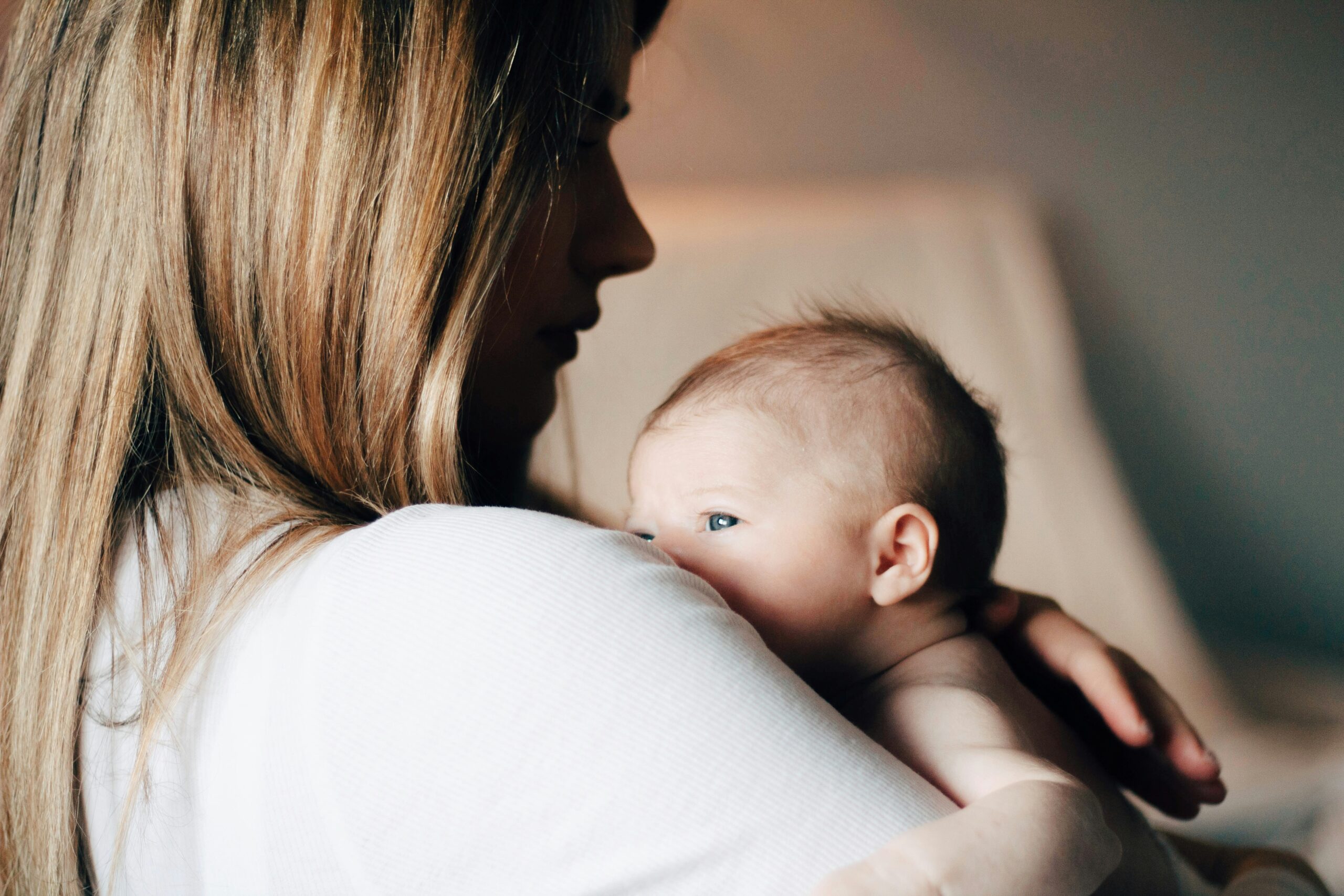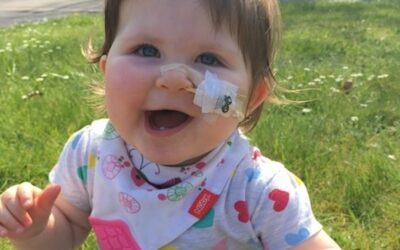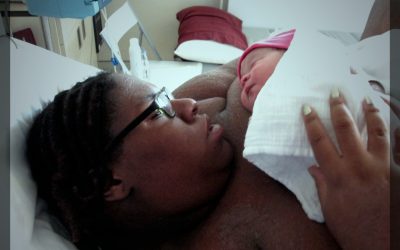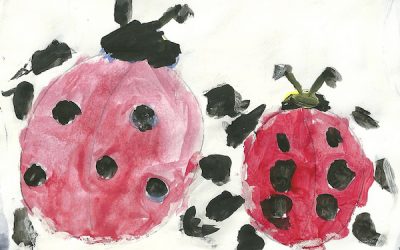After our member Abbi Vynck shared the journey of her family after the premature birth of their daughter Chloe (A different Start), we approached her for a list of support services that helped them get through the challenging time they were faced with. She told us: ‘As for the organisations, it’s so hard to make a ‘one list fits all’. Every baby has their own story and every organisation provides a unique and specific offer. This is a list of organisations that helped us through each phase and what they did for us. Then people may be able to decide for themselves if that is what they need.’ We are hoping to develop a similar list for French-speaking support services in Brussels and Wallonia. If you can help, please reach out to Abbi via neonatalbabies@bctbelgium.org.
Belgium is an extremely divided country. I am sure you have all experienced that in one way or another. This system has its pros and cons, and below you will find a huge ‘pro’, if you live in Flanders and/or speak Dutch.
Due to my daughter’s medical issues, we called upon a number of people for help. One thing led to another and below you will find a list of the organisations and people that helped us.
Unfortunately, I can’t provide the same list for the people who live in Wallonia or only speak French. My French is terrible, so I was not able to find equivalents for most of these places. Like just don’t exist! If I am wrong and you know more, please do get in touch! I’d love to learn about them (Abbi: neonatalbabies@bctbelgium.org).
In the hospital:
IMH specialist / NIDCAP trained professionals:
Any hospital with a neonatal department should have one of these two people, and ideally both.
The Infant Mental Health specialist knows the importance of the bond between a parent and their baby and will help you achieve this in the context of the neonatal department.
The NIDCAP trained professional will help your baby through the traumatising time that neonatal can be. They learn how to appropriately approach and touch your baby for example, something that is quite unique from babies that have not started their lives in the NICU.
Some hospitals will have a ‘rooming in’ option, where you can sleep in a room near or in the neonatal department. For the hospitals that don’t have these e.g. UZ Brussel in Jette, they have a Ronald McDonald house.
Feeding teams:
Gasthuisberg (of the UZ Leuven university hospital) for example has a feeding team which consists of a dietician, a speech therapist, a psychologist and a gastro doctor. Should your baby have any issues with feeding, these people are on hand to help. They visit all neonatal and paediatric hospital departments and also take outpatient appointments for the babies after they go home. If your baby is struggling to drink for example, you can ask for their advice. They work to the same parameters as Kind en Gezin (see below) so if your child is struggling to gain weight, Kind en Gezin can also provide some of the follow ups in terms of weighing and food intake tracking so you don’t have to keep returning to the hospital.
Once your baby is home:
These trained professionals can come to your house up to four times a week, for the first four weeks after your baby is born. You need to arrange this while you are still pregnant as there is a huge demand for this service. They can help with household tasks, and with taking care of the baby.
If your baby does not come home within a month of the birth, then you can no longer call on the Kraamzorg services. Familiehulp can then step in to offer the same care.
Nurses:
If your baby needs medical care once home, there are a number of options!
Wit Gele Kruis: they will send a nurse to your home to handle whatever medical issues your child has.
You can also call on private nurses in your area. A good way to find someone is to ask your local pharmacist.
If your child has a handicap and you as a parent must stay at home to care for them, Casa Magnolia is a charity that may be able to help you. They can send trained professionals to your home to care for your baby / child so that you can take some much-needed rest or spend some time with your other children perhaps. They also have a ‘snoezelmobiel’ this is a specially designed vehicle that can provide a sensory experience right in front of your home.
This is a government run organisation providing first line care to mother and baby. You can take your baby here to get weighed and measured, to get vaccinations, the hearing test, basic motor skills tests, baby massage classes etc. K&G exist for early detection and early intervention for any and all issues that a family may have from developmental stagnations to poverty. All Kind en Gezin services are free of charge.
Translated from their website: ‘It is a collaboration between organisations that help you with childcare, health care, leisure activities, parenting support, workshops and much more.’
What does this mean in reality: you can contact or just walk in to your local Huis van Het Kind and ask for help, with anything child / parenting related, but can even extend to marital questions. They collaborate with Kind en Gezin and other local organisations so every ‘Huis’ is unique in what they offer. Some are actual places that you can walk in to, and some are just a phone number/email address and the person visits you in your home.
If your child has had a difficult start, they may need ongoing care once they come home. With a ‘prescription’ from the doctor, Kookos can provide you with a family carer, a physio, a speech therapist at your home. The family carer may also be a development expert which can bring peace of mind to a stressed parent. A difficult start has its repercussions, namely in terms of development and it can be a huge weight off your mind to learn that your baby is taking steps you didn’t even notice. They can also teach ‘baby sign language’ should your baby toddler have some troubles with communication.
If your child is struggling with behaviour or emotional troubles, has a mental or motoric limitation, or your Kookos baby has outgrown the service, there are other services available under the Resonans umbrella that are definitely worth looking in to.
Centrum voor Ontwikkelingsstoornissen (COS)
If you believe that your baby is not developing to their timeline, your first stop would be Kind en Gezin, but you are also within your rights to contact COS: the centre for developmental disorders. They provide age-appropriate testing for whatever issue you believe your child is struggling with. If a diagnosis is then given, they will write a report that can be sent to K&G (or CLB if your child is between 2.5 – 4 years old) and the creche / school will be able to provide extra care. Of course, this is only guaranteed in the Flemish schooling system. If your child learns in a different schooling system, no such guarantees of extra care would be made. There are long waiting lists if you go without a doctor’s prescription.
If you live in or around Brussels, you can also find one at the UZ Brussels university hospital.
Kleine K is a one-of-a-kind department which can be found in Gasthuisberg, the university hospital in Leuven. The most efficient and effective way to get the help they provide is by having a prescription from the paediatrician.
Translated from the Huis van het Kind, Leuven website:
‘De Kleine K at Gasthuisberg in Leuven offers extra support for babies and toddlers who are struggling. The aim is to give children with a vulnerable development extra opportunities. This starts with the child who is not feeling well: A baby who does not want to sleep, who cries a lot, has persistent difficulty eating, is often upset or cries inconsolably. Seeking psychological help appears to be less and less of a taboo. Doctors and practitioners also point out the clear positive consequences of early diagnosis and therapy. Registration complaints are serious problems within the development and upbringing of the child. Diagnosis and care are multidisciplinary. As a parent, you are actively involved in the treatment.’
Centrum kinderzorg en gezinsondersteuning (CKG)
CKG is a government organisation that offers help in many forms for families that are struggling to raise their children without support. CKG Kinderland will take your children under their care day and night, to give you a rest period. CKG De Kleine Kameel and CKG De Kleine Parachute offers many services like a special care creche for children with extra needs and / or at home parental training, for parents who need extra support in their parental role. As with all the organisations of this kind, there is a waiting list and your first point of call would still be the paediatrician and/or Kind en Gezin.
If your child is traumatised by medical interventions like blood tests, x-rays, scans etc and needs to have these done again, PROSA is the team in the children’s hospital in Leuven that can support your child through the procedures. There is a process when working through medically induced traumas that start with your child trusting everyone involved. There are many options through the PROSA team and someone will work with you, one on one to come to the best plan for your child.
This list is not exhaustive in any way, it is just what I experienced in my journey with my daughter. Should you have any questions about these, please feel free to contact me, Abbi via the BCT e-mail address: neonatalbabies@bctbelgium.org.
